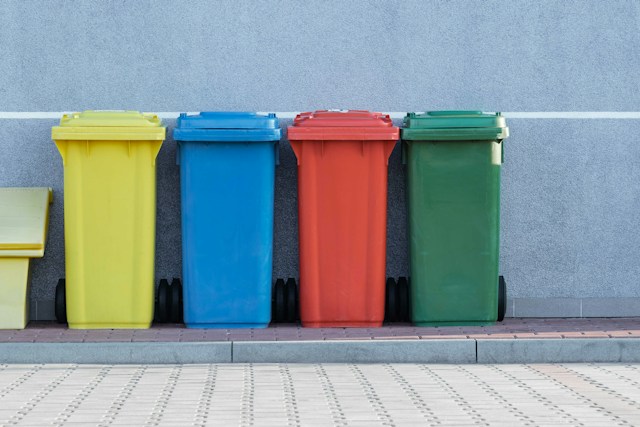Even though there is no age to learn new concepts, learning anything when one is young has its set of benefits. Teens are curious about new topics and are eager to know more with little judgment.

Teachers and parents should ensure that the youth learn about the environment and inculcate good habits. It is the right time to learn about recycling and its significance, so that they can contribute their bit as they grow up.
When teens develop a fair idea about recycling, it enables them to understand the importance of preserving the planet. That way, they can learn about the relevance of keeping the environment clean and in correct waste disposal. They will also grasp concepts related to reducing, reusing, and recycling that will make them responsible adults, making correct use of any resources.
Are you in two minds about whether you should introduce your teen to the concept of recycling? In this article, we will list down the reasons why you should do so and how it will benefit them.
Creating Something Fun
Even though the term sounds serious, recycling need not be boring. The youth should never feel compelled to get into this practice and complain about it. While teaching the youth to recycle, they shouldn’t be whining about separating paper from plastic or the trash from cans.
Instead, the process can be fun and exciting. It can let them learn about numerous ways to recycle even household waste, such as old newspapers and plastics that have no use.
Things get interesting when they learn how to turn milk cartons into planters and soda bottles into sprinklers. It helps them to switch on their thinking caps, which improves their analytical skills as well.
Getting To More on the Environment
Once you start introducing fun ways of recycling to your teen, it’s a good idea to touch upon why it is essential for the environment. You can use books to make them more aware of nature in a way that they can resonate better. You can even add quiz cards to let them know about the consequences when people fail to care for the environment.
Parents can also get into an informal discussion or chat about the health hazards people face when there aren’t enough efforts to implement effective garbage disposal practices. For instance, in 2023, close to 3.7 million people lost their lives because of health issues related to air pollution.
Learning about recycling during teens can help people realize that nature can be both an enemy and a friend, based on how we care for it. When the youth has an understanding of it, they can come up with innovative ways to recycle aluminum cans, plastic water bottles, wood, paper, and many more.
When teens learn about the environment, it enables them to understand essential life values, including respect, sustainability, responsibility, and empathy. One can start by encouraging their child to collect litter from the nearby street as a part of a family activity. It will gradually get developed into a habit and they will also know where to place a recycle or a trash bin.
Being Aware of Waste Management
Teens find it simpler and more effective when they learn about new concepts from first-hand experiences. Instead of just letting them know where the waste goes, it’s a better idea to let them grasp the concept of waste management by experiencing it themselves.
That aside, initiatives such as essay competitions or organizing debates on waste management and related topics are a great way to get them initiated into the activity. They don’t just learn where to dispose of the waste build-up but also know the reason behind it and how it helps to create a clean environment.
Later, when they grow up and start working in an organization, they can use what they have learned about waste management wherever applicable.
Learning About Reusing and Repurposing
Teens can develop a new perspective when they reuse and repurpose new items. Knowing that they can use their old clothes to create a bag or a table mat is exciting. It also encourages them to think outside the box and bring into life new ideas. They imbibe it as a part of their character and pass it on to others, urging them to create a better place to live.
Finally, caring for the environment should be everyone’s responsibility. When you teach the youth about the relevance of recycling, they realize the benefits of having a clean world and how nature, when taken care of, can add ample value to our lives. Thus, they not only get involved in recycling initiatives but also add to it, which helps the environment at large.
















Add Your Comment